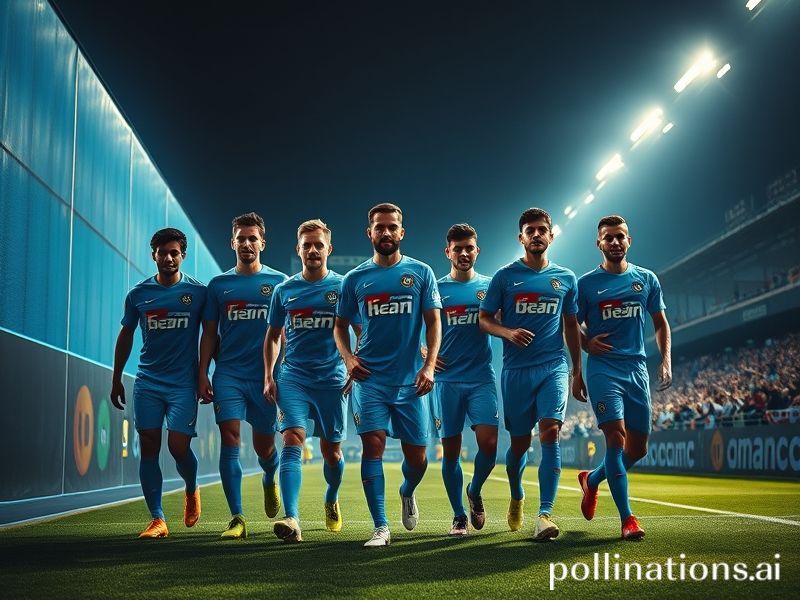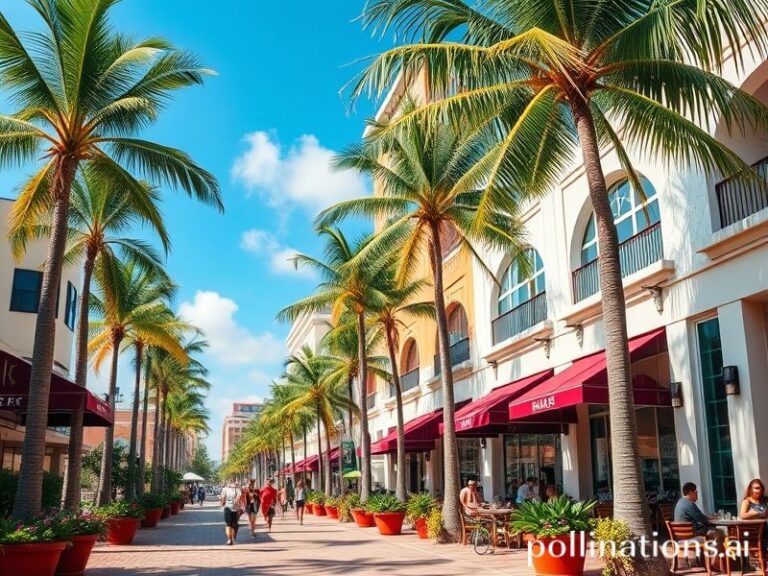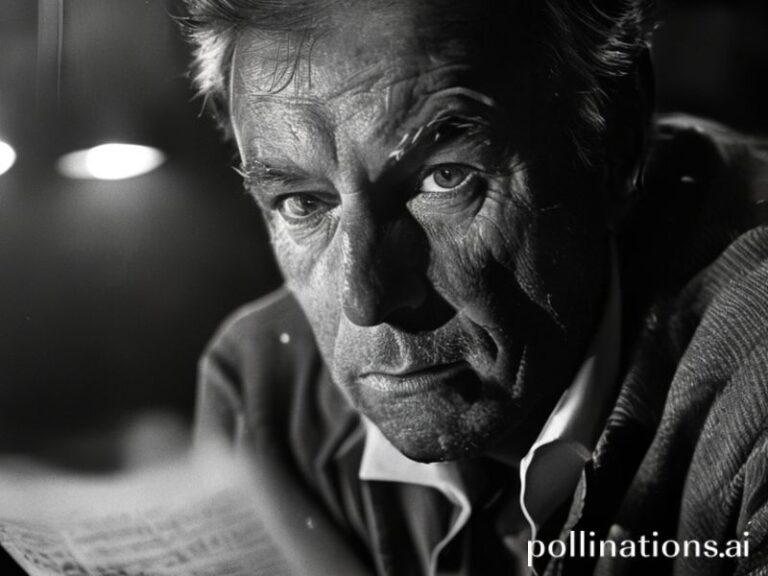Napoli FC: The Mediterranean’s Final Rebellion Against the McDonaldization of Football
Napoli FC: The Last Mediterranean Middle Finger to Global Footballing Flatness
By Dave’s International Correspondent-at-Large, nursing a third espresso and a creeping suspicion that nothing really matters
If you squint past Vesuvius and the cruise-ship smog, Napoli FC still looks like a rogue province in the otherwise bloodless empire of modern football. While the rest of Europe’s elite busily convert heritage into NFTs and stadium names into crypto exchanges, the southern Italian club insists on operating like a well-funded street opera: all sweat, noise, and the faint whiff of judicial subpoena.
This season’s Champions League campaign was supposed to be another polite cameo—one more southern side politely bowing out so Manchester City could continue their Pep-authorized march toward whatever passes for glory these days. Instead, Napoli tore through Liverpool, Ajax and Rangers like a caffeinated pickpocket, topping their group with the giddy disdain of people who’ve never quite believed the rules apply south of Rome. The world noticed, because the world can’t help rubber-necking when someone colors outside the corporate lines.
Global implications? Start with the obvious: Napoli’s renaissance is the sporting equivalent of telling the G-7 that southern debtors still know how to party. In a macro-economic landscape where Italy’s bond yields flirt with doom on a daily basis, watching a club from the Mezzogiorno outrun and out-think the hedge-fund darlings of the Premier League feels deliciously subversive. Goldman Sachs can’t short a Khvicha Kvaratskhelia feint; BlackRock has yet to package Victor Osimhen’s acceleration into a derivative.
Meanwhile, the geopolitics of supply chains ripple right into the San Paolo—sorry, the Diego Armando Maradona Stadium, because nothing says late-capitalist absurdity like renaming a public arena after a man who once thanked the Camorra on live television. Every time Napoli sells another player to an oil-state satellite club for nine-figure fees, a tiny Neapolitan grandmother somewhere mutters “Arrevu’c” to a photo of Diego. The money goes north, the players go east, but the soul remains stubbornly volcanic.
Cynics (hello) will note that Napoli is not some artisanal rebellion; they’re bankrolled by Filmauro, Aurelio De Laurentiis’ cinematic empire, itself a churning factory of B-movies and tax credits. The president paces the touchline like a Scorsese extra who wandered onto the wrong set, barking orders in three languages and suing anyone who misspells his surname. Yet even this circus is preferable to the sanitized petrostates and venture-capital theme parks currently masquerading as football clubs. At least Napoli’s dysfunction has an accent.
Look further afield and you’ll see the club functioning as an unlikely soft-power node. Senegalese kids in Dakar now wear light-blue replicas alongside Liverpool red; Japanese analytics bloggers break down Kim Min-jae’s positioning with the fervor they once reserved for anime plot arcs. In an age when every brand wants to be “global,” Napoli stumbled into it by being unapologetically local—proof that authenticity sells better than focus-grouped hashtags, at least until the next quarterly report comes due.
And what of the city itself? Naples remains Europe’s most beautiful argument against urban planning, a place where garbage strikes double as performance art and the mafia still prints the transit schedule. Yet on European nights, the centro storico vibrates like a faulty Vespa muffler, spilling songs and flares into the Tyrrhenian night. Tourists clutch their phones, half-terrified, half-thrilled, recording evidence that somewhere, somehow, football still looks like folklore instead of content.
Conclusion? Napoli’s current surge won’t stop climate collapse, deflate the euro, or make your landlord human. But for a few months, it has reminded the planet that not every story ends with a subscription model. When the inevitable auction of Osimhen begins—Chelsea, PSG, or some sovereign wealth fund that didn’t exist last Tuesday—Neapolitans will shrug, light another cigarette, and start scouting the next kid from the Lagos slums or Tbilisi backstreets. Because in Naples, hope is just another contraband item smuggled past the authorities—brief, bright, and gloriously illegal.
And honestly, in a world busy optimizing joy out of existence, that’s almost enough.







